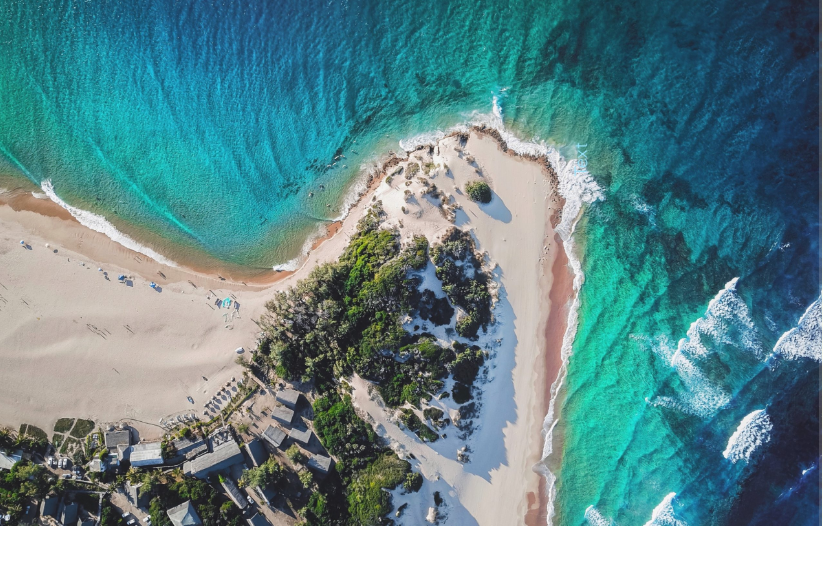From the rhythms of traditional drums to the display of colours in ceremonial costumes, African festivals are a feast for the senses and a celebration of heritage, community, and joy. For any tourist or lover of culture attending an African festival, it is more than a trip: it’s a journey into the heart of African traditions and storytelling.
Across the continent, these festivals mark religious rites, seasonal changes, or artistic expressions, often blending ancient customs with modern vibes. In Africa, there’s always a festival waiting to welcome you.
Let’s learn about ten of the most beautiful and memorable African festivals you can attend as a tourist. Each offers a unique lens into the richness and diversity of the continent.
Top 10 African Festivals You Can Attend as a Tourist
Lake of Stars Festival in Malawi
The Lake of Stars Festival is a multi-genre festival that brings together both international and Malawian artists for a weekend of pure artistry. The sights and scenes include a shimmering lakeside beach, thousands of lanterns lighting up the night, and the infectious beat of Afrobeats, reggae, and house music at Lake Malawi, often called the “Lake of Stars.” The festival was founded in 2004. This three-day event transforms the peaceful shores into a vibrant haven of music, poetry, and performing arts.

International and African artists share the stage, drawing visitors from around the world. It’s not just about music; there are workshops, children’s activities, and even sunrise yoga. Perfect for a relaxing African holiday with a creative twist.
Read also: 7 Best West African Countries To Visit as a Tourist (& Why)
FESPACO (Pan-African Film and Television Festival of Ouagadougou) in Burkina Faso
FESPACO is Africa’s largest film festival and an unmissable event for cinephiles. Hosted biennially in Burkina Faso’s capital, it’s a celebration of African cinema, storytelling, and history. The red carpet comes alive with filmmakers, critics, and fans from all over the continent.
Attending FESPACO gives tourists insight into the African traditions of oral history and contemporary narratives, captured through powerful visuals. Screenings take place in open-air cinemas and historic venues, adding an authentic touch to the cinematic experience.
Cape Town International Jazz Festival in South Africa
The Cape Town International Jazz Festival is often called “Africa’s Grandest Gathering.” This legendary jazz event is one of the largest on the continent. Held in Cape Town, the festival attracts global jazz legends and emerging African talents.
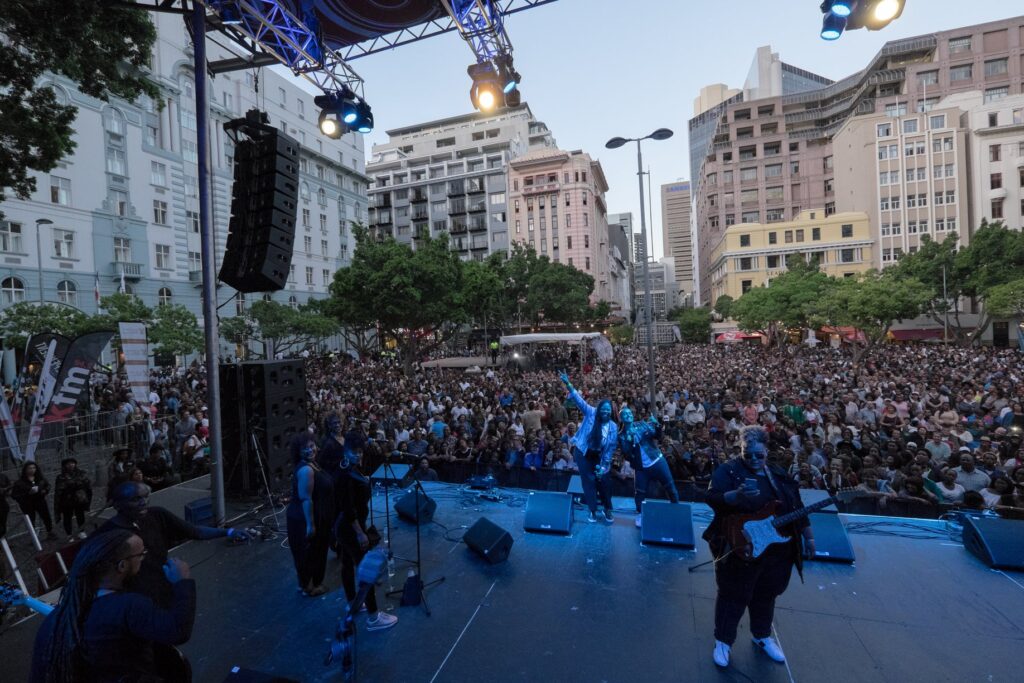
Tourists are treated to soulful performances in a city that already dazzles with its scenic mountains and wine culture. Beyond the concerts, there are workshops, jam sessions, and art installations; a complete cultural immersion. For anyone with a passion for jazz and dynamic city life, this African festival is gold.
Read also: 7 Types of Popular African Lace Patterns for Weddings and Events
Festival au Désert in Mali
Despite political challenges, the Festival au Désert remains one of Africa’s most iconic and spiritually rich music gatherings. Traditionally held near Timbuktu, this festival is rooted in Tuareg culture, featuring desert blues, traditional chants, and nomadic storytelling.
Tourists seeking a deeper cultural connection and adventure into the Sahara’s mysteries will find this festival unforgettable. It’s raw, emotional, and profoundly African. The festival was last held in 2012. It was a truly unique and unforgettable experience, showcasing the rich African traditions of the region. We hope for its safe return in the future.
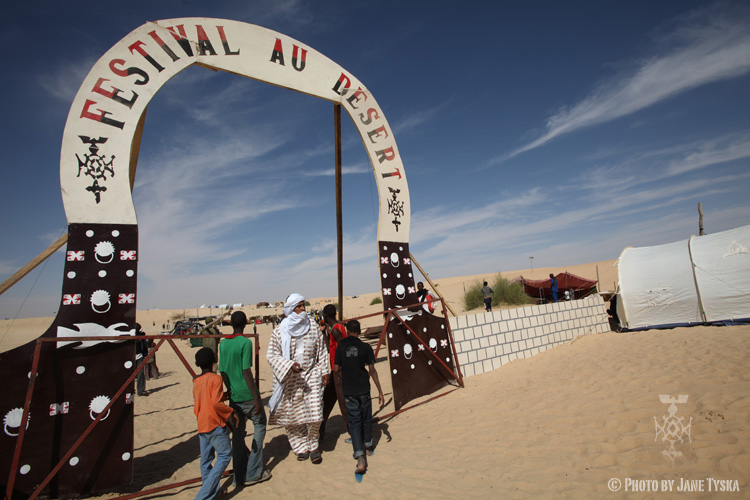
Timkat Festival in Ethiopia
Timkat, the Ethiopian Orthodox celebration of Epiphany, is not a music festival; it’s a spiritual spectacle. Taking place every January, Timkat reenacts the baptism of Jesus in rivers and lakes across the country.
Dressed in dazzling white traditional garments, Ethiopians chant, dance, and celebrate under embroidered canopies. The processions, the blessing of water, and the joyous celebrations are a profound cultural experience that offers a deep insight into Ethiopian Christianity. As a tourist, witnessing Timkat offers a rare window into African traditions that have remained unchanged for centuries. Attending Timkat is unlike any other African festival and provides a unique perspective on an African holiday.
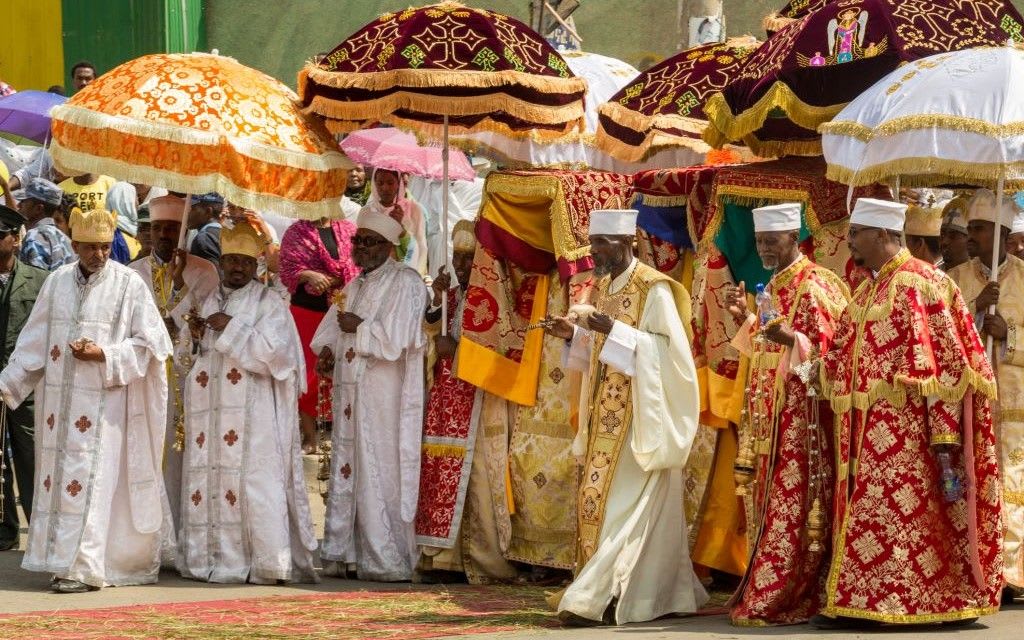
Read also: The Time Zones in West Africa
Zanzibar International Film Festival (ZIFF) in Tanzania
ZIFF is East Africa’s top cultural event, and it’s much more than films. Set in the UNESCO World Heritage Site of Stone Town, this African festival blends Swahili culture, cinema, fashion, and music in a week-long celebration.
The cobbled streets are filled with activity, from open-air movie nights to beach parties and panel discussions. It’s a creative melting pot where tourists feel like locals. For lovers of the arts and coastal life, this one’s a bucket list must. ZIFF offers a more relaxed and intimate festival experience, perfect for those looking to combine culture with a beach getaway for their African holiday.
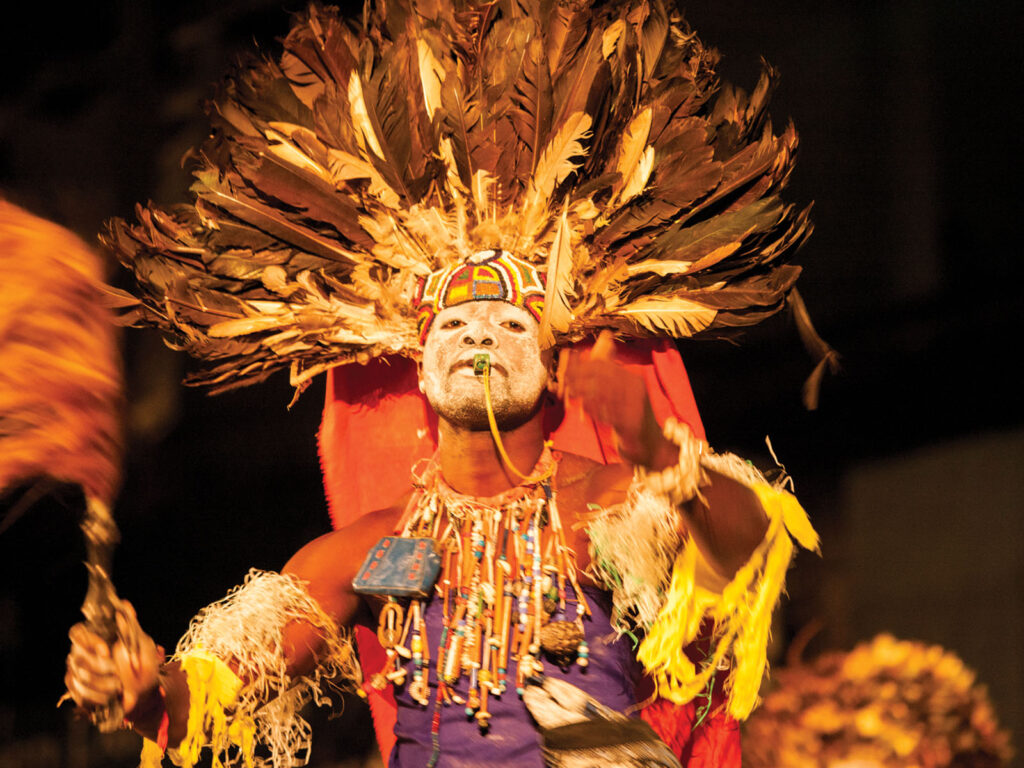
Fez Festival of World Sacred Music in Morocco
Held in the spiritual city of Fez, this festival brings together performers from all religious backgrounds: sufi musicians, gospel choirs, Buddhist monks, and more. It’s a peaceful and harmonious celebration that emphasises spiritual unity through music.
Tourists who attend are often moved by the sheer beauty and emotion. The venues include ancient palaces and lush gardens to add to the divine atmosphere. The Fez Festival is a soul-stirring retreat into spiritual and musical depth. The stunning architecture of Fez is considered a breathtaking backdrop to the event.
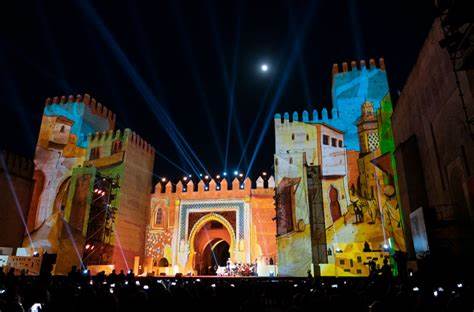
Gerewol Festival in Niger
This is not your everyday festival. The Gerewol Festival is a dazzling courtship ritual of the Wodaabe nomads. Men paint their faces, wear feathers, and dance for hours to impress potential brides, judged by women in the community.
Taking place in the Sahel, this African festival showcases beauty, endurance, and pride. Tourists are welcome to observe and even camp with the nomads. It’s a rare cultural journey into a lesser-known but stunning part of Africa. Witnessing the Gerewol is a truly unforgettable cultural experience.
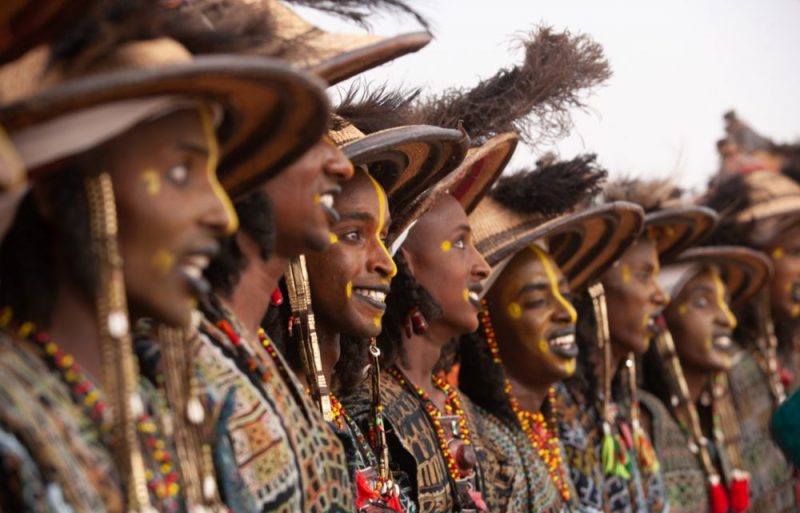
Osun-Osogbo Festival in Nigeria
Set in Osogbo, Nigeria, this sacred festival honours Osun, the Yoruba goddess of fertility and the river. For two weeks each August, thousands gather in the sacred Osun-Osogbo Grove, a UNESCO site, to offer prayers, dance, and celebrate life.
Tourists are enchanted by the traditional attire, spiritual chants, and deep symbolism. This is a living example of African traditions intertwined with daily life. It’s spiritual, colourful, and one of Nigeria’s proudest cultural displays. It is also a powerful demonstration of Yoruba culture and a fantastic opportunity to witness the deep-rooted African traditions of Nigeria.
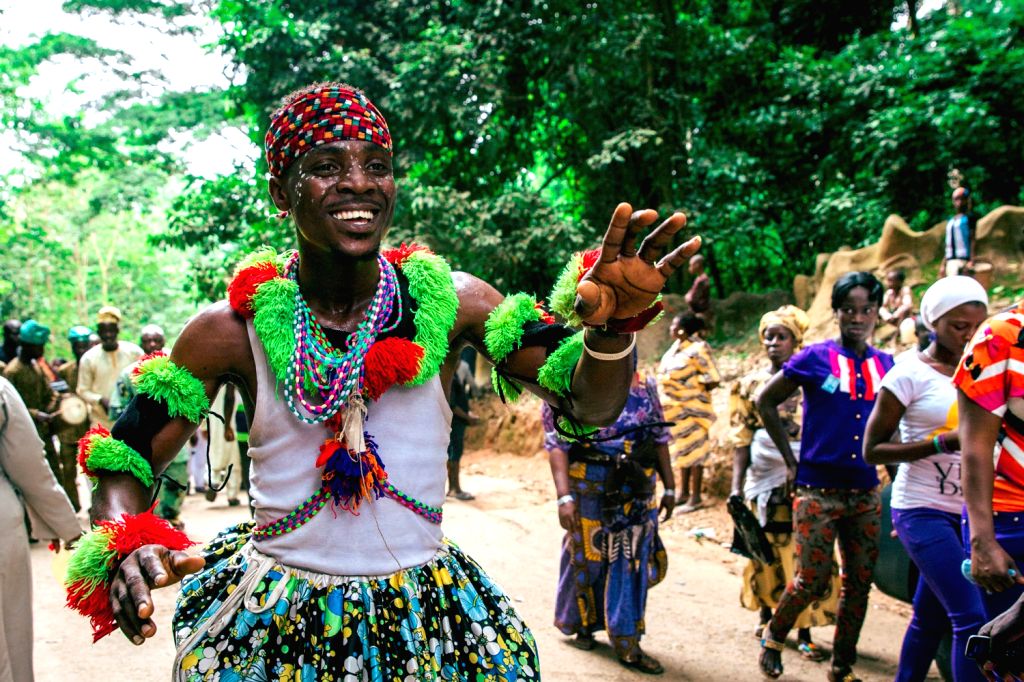
Mombasa Carnival in Kenya
Closing our list is the Mombasa Carnival, Kenya’s biggest street party! Floats, costumes, music, and dance light up the streets of the coastal city every November. Organised by the Kenya Tourist Board, the event showcases the country’s ethnic diversity.
With Swahili tunes, dynamic dance troupes, and tasty street food, the carnival is a joyful experience for tourists. It’s a perfect blend of African holiday excitement and cultural education.
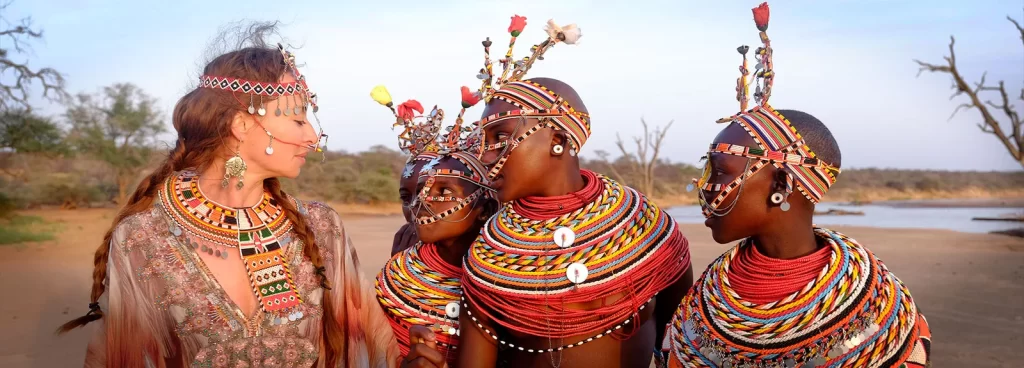
We hope this has inspired you to add an African festival to your travel bucket list. These incredible events offer a unique and unforgettable way to experience the beauty, diversity, and spirit of the African continent.
Keep exploring Afrikvibe for more exciting insights into African culture, fashion, and travel.
Frequently Asked Questions
What is the best time of year to attend African festivals?
The best time depends on the specific festival you’re interested in! Many festivals are tied to specific cultural or religious calendars, or even the seasons. For example, the Lake of Stars Festival in Malawi usually takes place in late September, while Timkat in Ethiopia is in January. It’s always best to check the dates for the specific African festival you plan to attend well in advance.
Are African festivals safe for tourists?
Generally, yes! Like any travel destination, it’s always wise to be aware of your surroundings and take necessary safety precautions. However, many African festivals are well-organised and welcome international tourists. The vibrant and celebratory atmosphere often creates a sense of community and shared joy. It’s a good idea to research the specific festival and location beforehand and perhaps connect with other travellers or local guides.
Can I participate in the rituals or just observe?
Tourists are often encouraged to join in dancing, workshops, and non-sacred parts of the ceremonies. However, respect local customs, and ask before taking photos or participating in religious rites.
Are these festivals child-friendly?
Yes, many are family-friendly, especially events like Lake of Stars and Mombasa Carnival. But always check the specific vibe of the festival.
How do I find local accommodations near these festivals?
Accommodation options can range from budget-friendly guesthouses and hostels to more luxurious hotels and resorts. Availability can sometimes be limited, especially during peak festival times, so it’s highly recommended to book your accommodation well in advance. Websites like Booking.com, Airbnb, and local tourism boards can provide information on available options.
Do I need any special visas or vaccinations to attend African festivals?
Visa requirements vary greatly depending on your nationality and the country you’re visiting. It’s crucial to check the specific visa requirements for the country where the African festival is held well before your travel dates. Similarly, it’s recommended to consult your doctor about necessary vaccinations and health precautions for the region you’ll be visiting.
What should I pack when attending African festivals?
Pack light, comfortable clothing suitable for the climate. Don’t forget sunscreen, a hat, and insect repellent. If you plan on participating in any cultural activities, it might be respectful to pack modest clothing. Also, bring a good camera to capture all the amazing moments! Most importantly, bring an open mind and a willingness to immerse yourself in the vibrant culture.


